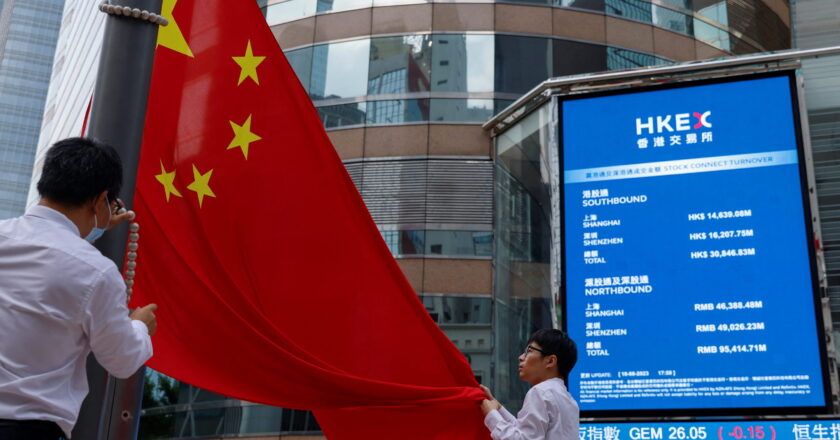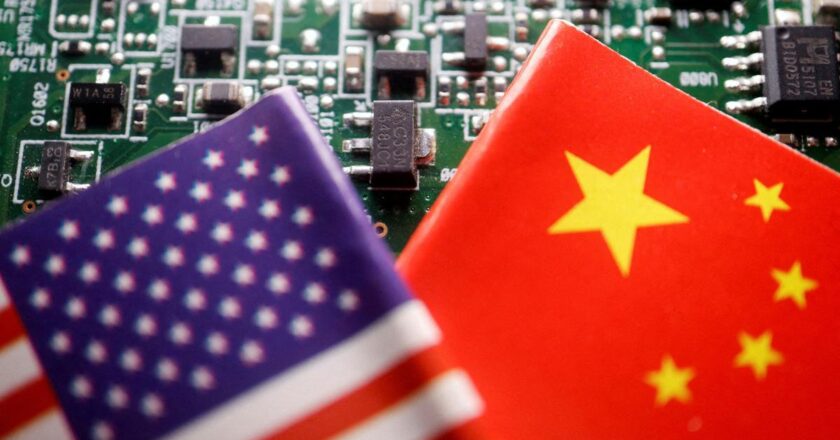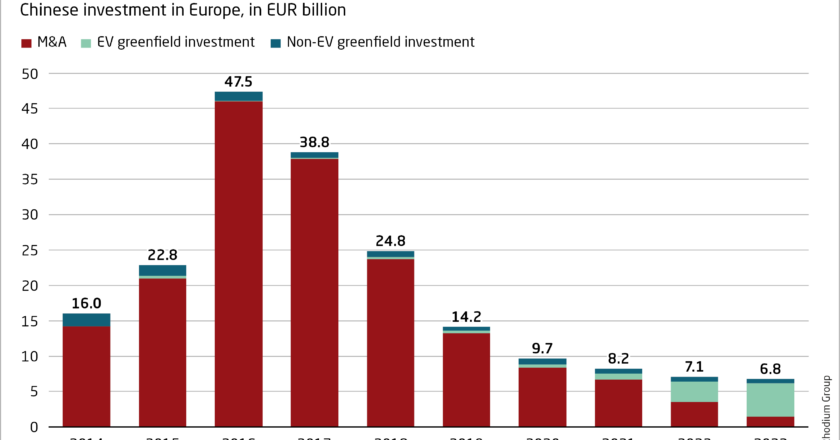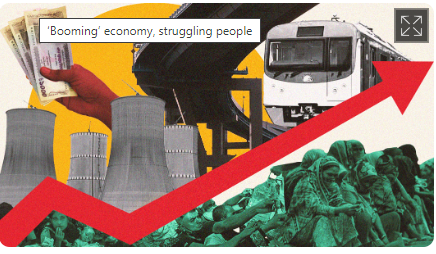Uncertainty and insecurity in job markets contribute to China’s economic slowdown
Unemployment and growing job insecurity in China have seen a sharp increase, becoming a major contributor to the ongoing slowdown in the Chinese economy. The real estate crisis is another factor that is being cited for the dip in China’s GDP, which is however a fallout of declining confidence among property buyers amid the disturbing unemployment situation in the country.
In the previous financial quarter, the growth rate of the Chinese economy shrunk to 4.1 percent, missing the expectations of 5.1 percent. While the fresh graduates are struggling to find jobs, those already employed are scared of being sacked anytime or forced to work at lower salaries. Joblessness in China is still high, with the youth unemployment rate remaining at 13.2 percent in June.
The Chinese job market is ...









